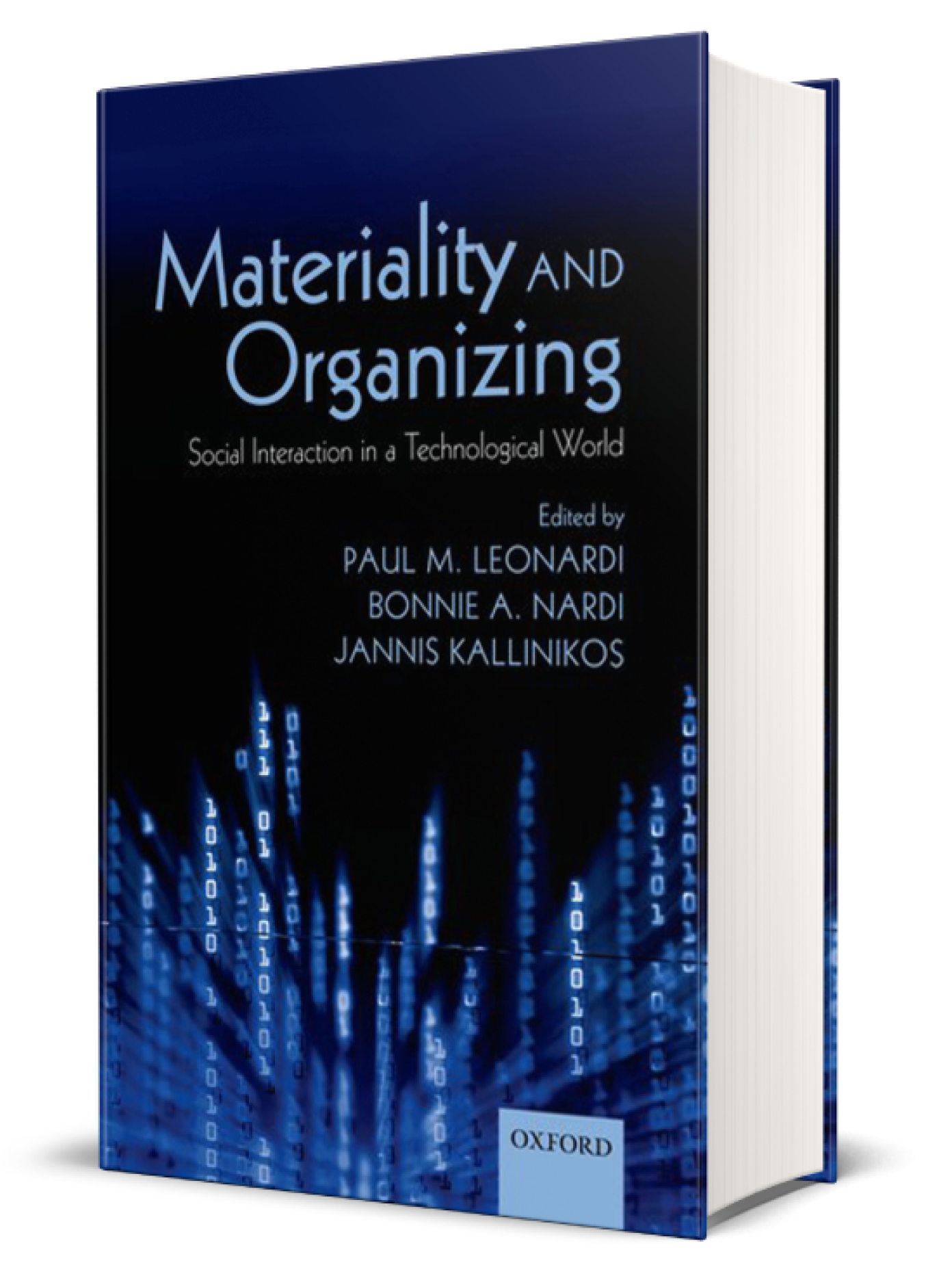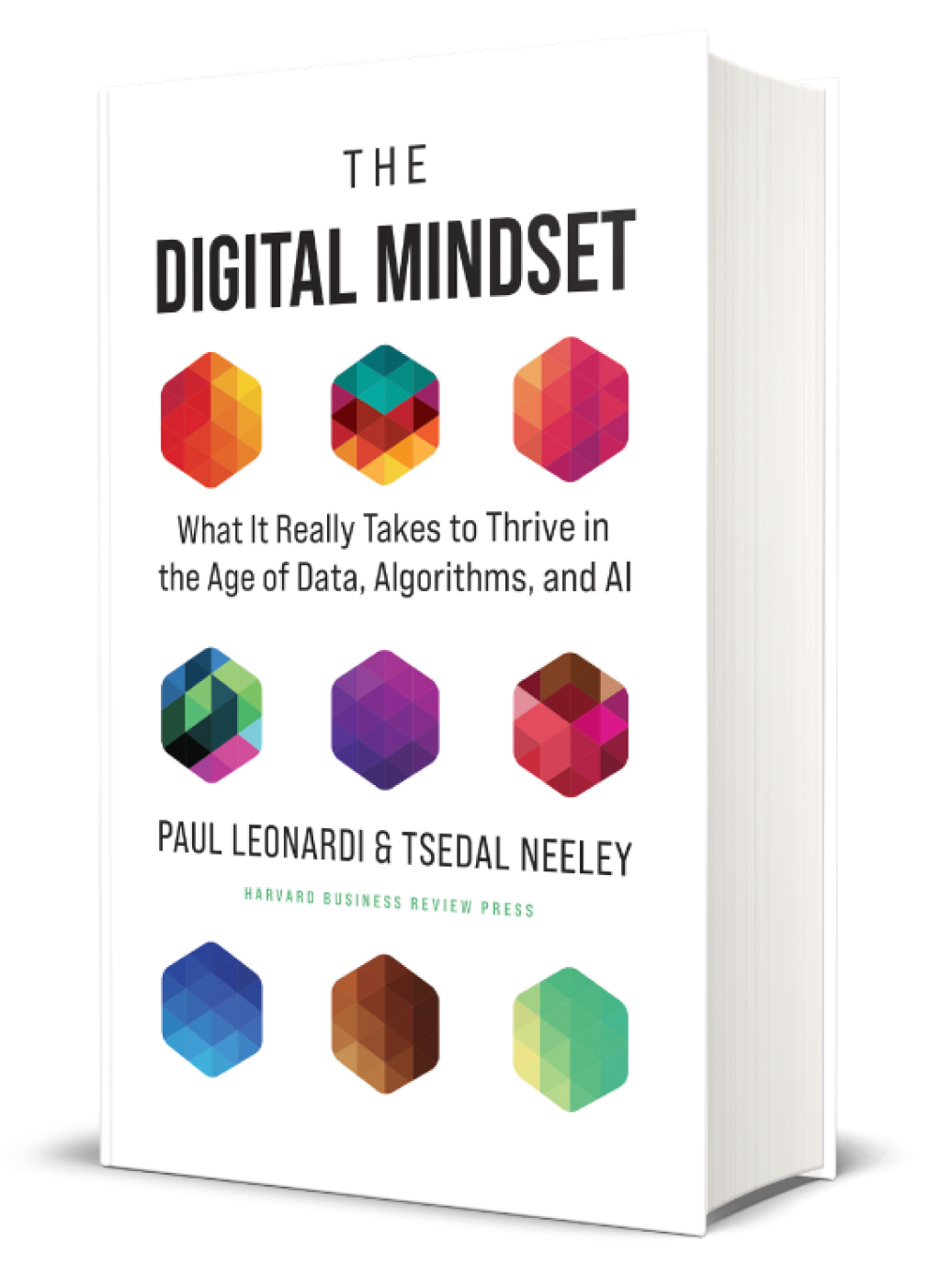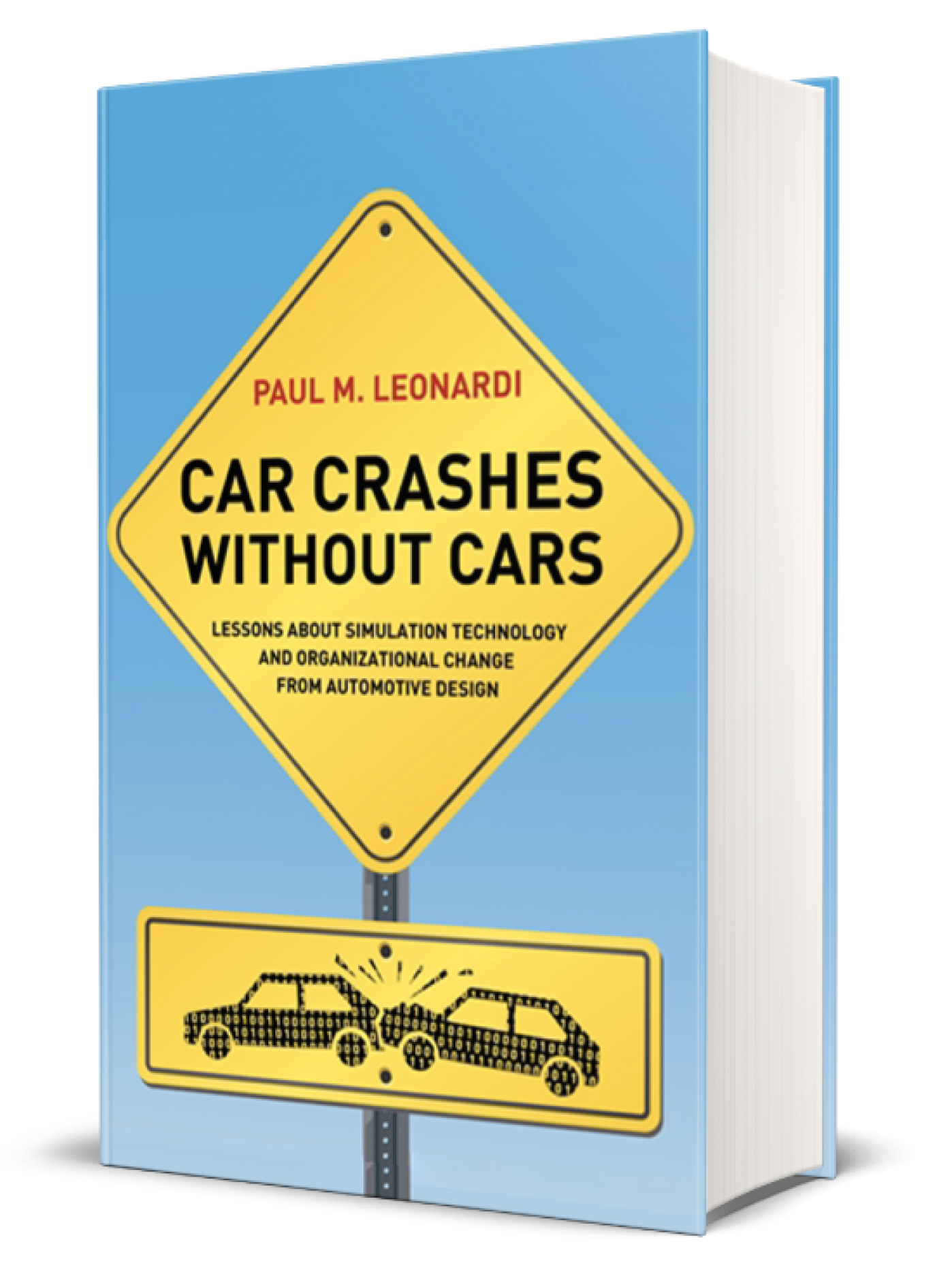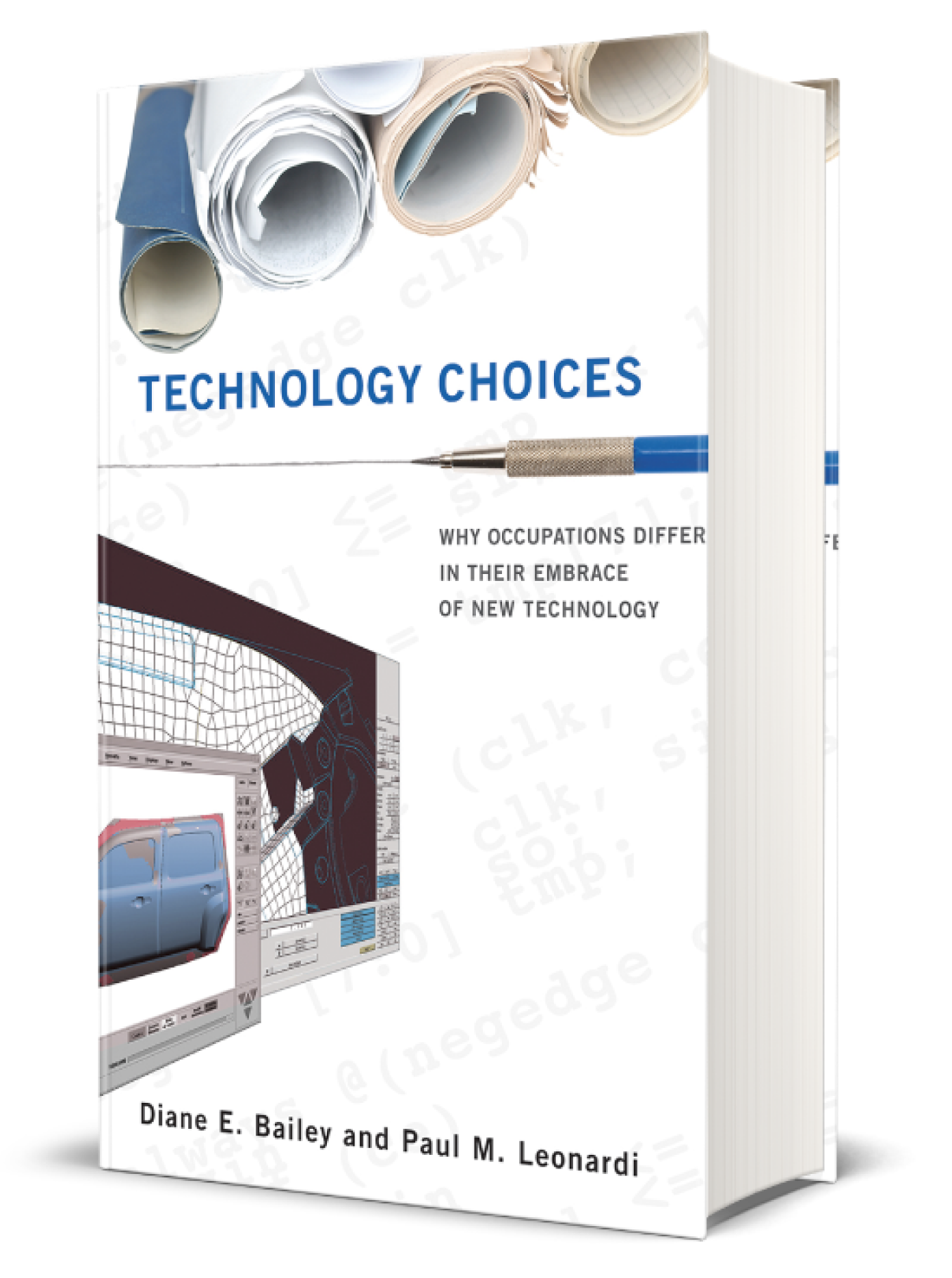co-authored with Bonnie A. Nardi and Jannis Kallinikos
Materiality and Organizing
Social Interaction in a Technological World
How does machine agency change the way people work?

co-authored with Bonnie A. Nardi and Jannis Kallinikos
How does machine agency change the way people work?
Ask a person on the street whether new technologies bring about important social change and you are likely to hear a resounding “yes.” But the answer is less definitive amongst academics who study technology and social practice. Scholarly writing has been heavily influenced by the ideology of technological determinism – the belief that some types or technologically driven social changes are inevitable and cannot be stopped. Rather than argue for or against notions of determinism, the authors in this book ask how the materiality (the arrangement of physical, digital, or rhetorical materials into particular forms that endure across differences in place and time) of technologies, ranging from computer-simulation tools and social media, to ranking devices and rumors, is actually implicated in the process of formal and informal organizing.
The book builds a new theoretical framework to consider the important socio-technical changes confronting people’s everyday experiences in and outside of work. Leading scholars in the field contribute original chapters examining the complex interactions between technology and the social, between artifact and humans. The discussion spans multiple disciplines, including management, information systems, informatics, communication, sociology, and the history of technology, and opens up a new area of research regarding the relationship between materiality and organizing.
Praise
Materiality and Organizing marks a long overdue turning point in the scholarly study of the human-technology relationship that now engulfs our lives. For too long, researcher have tended to treat technology as a dream conjured by agents and imbued with their projects. This brilliant sequence of essays restores and deepens the entire field of perception. It finally returns us to the facticity of technology as it persistently redefines the horizon of the possible. These tightly argued masterpieces reestablish technology as embodied and significant. Most importantly, they return us to materiality just in time. With each passing day, ‘technology’ becomes both more abstracted from its physical manifestations and more ubiquitous, producing a dematerialized materiality. Only a relentless focus on this paradox will yield the intellectual tools necessary for the critical thinking, informed choice, moral judgement, and capacity for collective action that are required to participate in our own destinies.
This volume is a much-needed exploration of the material aspects of the technologies that have reshaped our world. For two decades, a narrative framing technologies as social constructions has led to importance advances in our understanding of their nature and impacts. Materiality and Organizing provides an important counterbalance to this approach in its exploration of the dimensions of materiality that constrain but also enable technologies to connect with and affect people, organizations, and society. Its chapters treat foundational issues such as the nature of materiality, materiality figures in the existence and use of technologies, how -conversely- materiality is produced by human activity and the use of technologies, and the effects materiality has on technological development and effects. This volume is required reading for scholars interested in technology, its development, and its impacts. Its insights into information technology are particularly significant.
For too long the materiality of social life has been ignored by sociologists and organization studies scholars. The role of materiality in social life is turning out to be one of the most interesting and difficult issues in the field. This multidisciplinary collection does not offer a single solution but offers the latest thoughts of scholars who try and take materiality seriously in their own research. The resulting volume is a deep and fascinating collection of essays.

Order Now

Order Now

Order Now

Order Now

Order Now